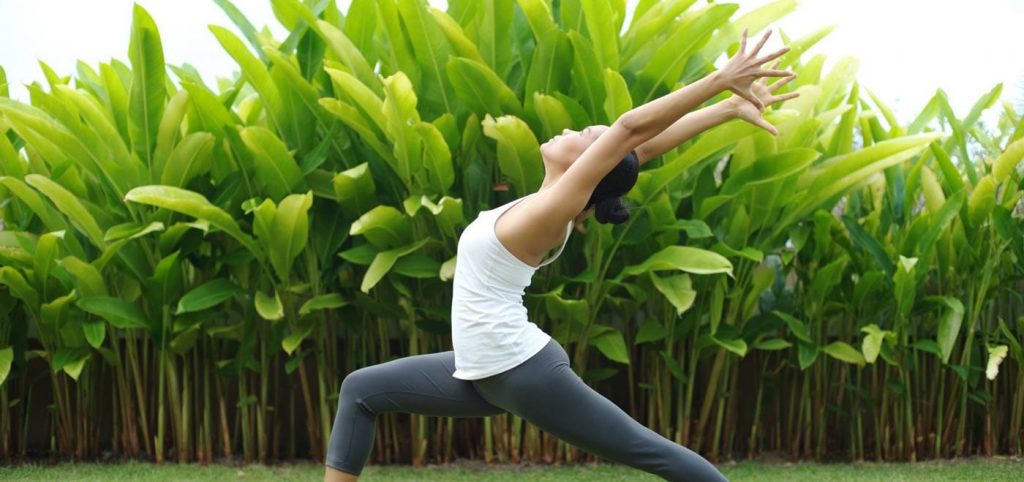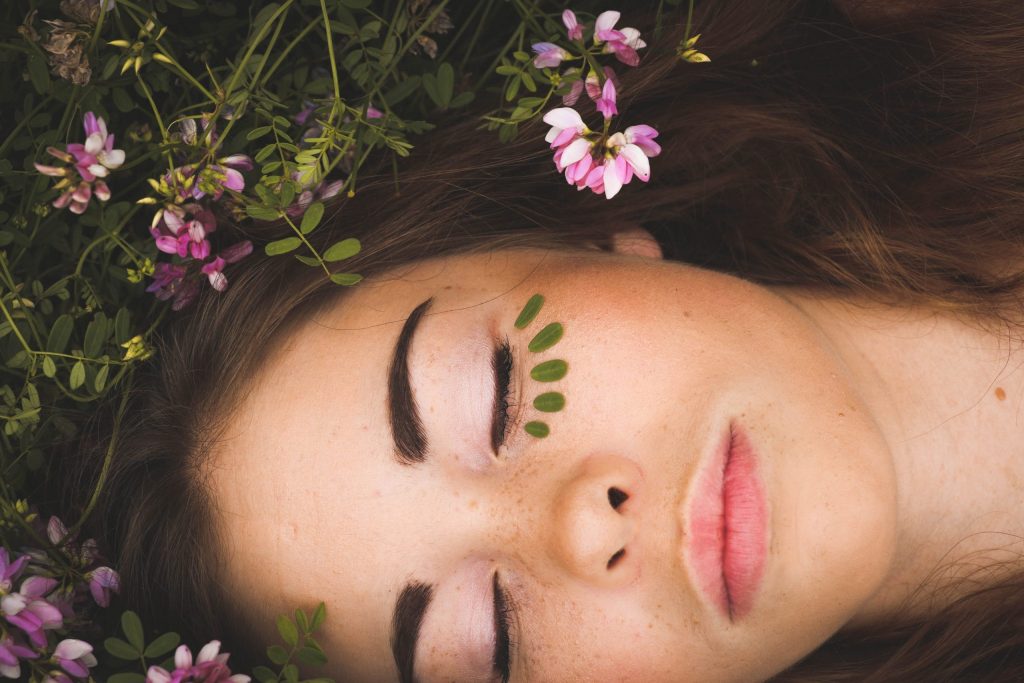January, named by the Romans after the God of beginnings, Janus. In ancient Roman religion and myth, Janus had two heads so he could look in both directions at the same time; back at the old year and forward into the new. In 2018, I discovered the benefits of taking a short walk in the day, whenever I had 10 minutes or so to clear my head and get some air. Whilst writing my new year’s resolutions, I decided I wanted to try and get outside more, whatever the weather, to get some fresh air, sunshine and most importantly, Vitamin D.
Not only does natural light help stabilise serotonin and trigger endorphins, both of which are mood-boosting hormones, getting outside to walk, jog, cycle or meander down the river are all considered aerobic exercise. Vitamin D is another element that many sources suggest can boost your mood due to associations with seasonal affective disorder (aka. SAD), and it’s a vitamin that is very important to human health.
Vitamin D has been a hot topic for quite a few years now. Do we need supplements in the winter months, or are we okay without? The newest guidelines from 2016 suggest that we still do. There are 2 main types of vitamin D; vitamin D3 (cholecalciferol) and vitamin D2. The principle sources of vitamin D are sunlight exposure (skin synthesis) and foods or dietary supplementation (containing either vitamin D2 or D3). Between April and September in the UK, skin synthesis is the main source of vitamin D for most people. Previous UK recommendations for vitamin D supplementation were set by COMA (1991), being reviewed in 2016 by SCAN (2016) with recommendations now based on the protection of the populations musculoskeletal health, to help prevent osteoporosis or rickets.
Vitamin D helps control the amount of calcium and phosphorus in our bodies, which is needed for healthy bones, teeth and muscles. It also controls calcium levels in the blood and impacts the immune system. Did you know Vitamin D is actually considered a hormone? This is because our bodies produce it, starting in the kidneys. Foods that contain this vitamin are oily fish, red meat, liver, egg yolks and fortified foods such as most fat spreads (this has been a legal requirement since World War II) as well as some breakfast cereals in the UK.
A number of factors affect vitamin D synthesis, including skin colour, exposed area of skin, length of exposure and latitude, with the foremost factor affecting skin vitamin D synthesis being availability of UVB radiation. The sunlight in the summer months contains enough UVB to synthesis the vitamin, with UVB being negligible from October to March in the UK. The most recent SACN report (2016, p125) suggests anyone over the age of 4 years old should take 10 micrograms a day between October and March, with differing recommendations for children, breastfeeding or pregnant women.
Public Health England (PHE) states that during the spring and summer months, a balanced diet with short bursts of sunshine will mean most people will get all the vitamin D they need. With this in mind, its been suggested the optimum time for absorption is around noon with face and hands exposed for 9 minutes for white skin, and up to 25 for darker skin tones (SACN, 2016).
Whether you’re taking specific vitamin D supplementation in line with the SCAN guidelines or through your GP’s recommendation, going for daily walks to get the UVB or eating a selection of great foods containing this important vitamin, keeping a balanced diet and active lifestyle will help too. If you’re concerned about your vitamin D levels or musculoskeletal health, do seek your GP’s advice.








